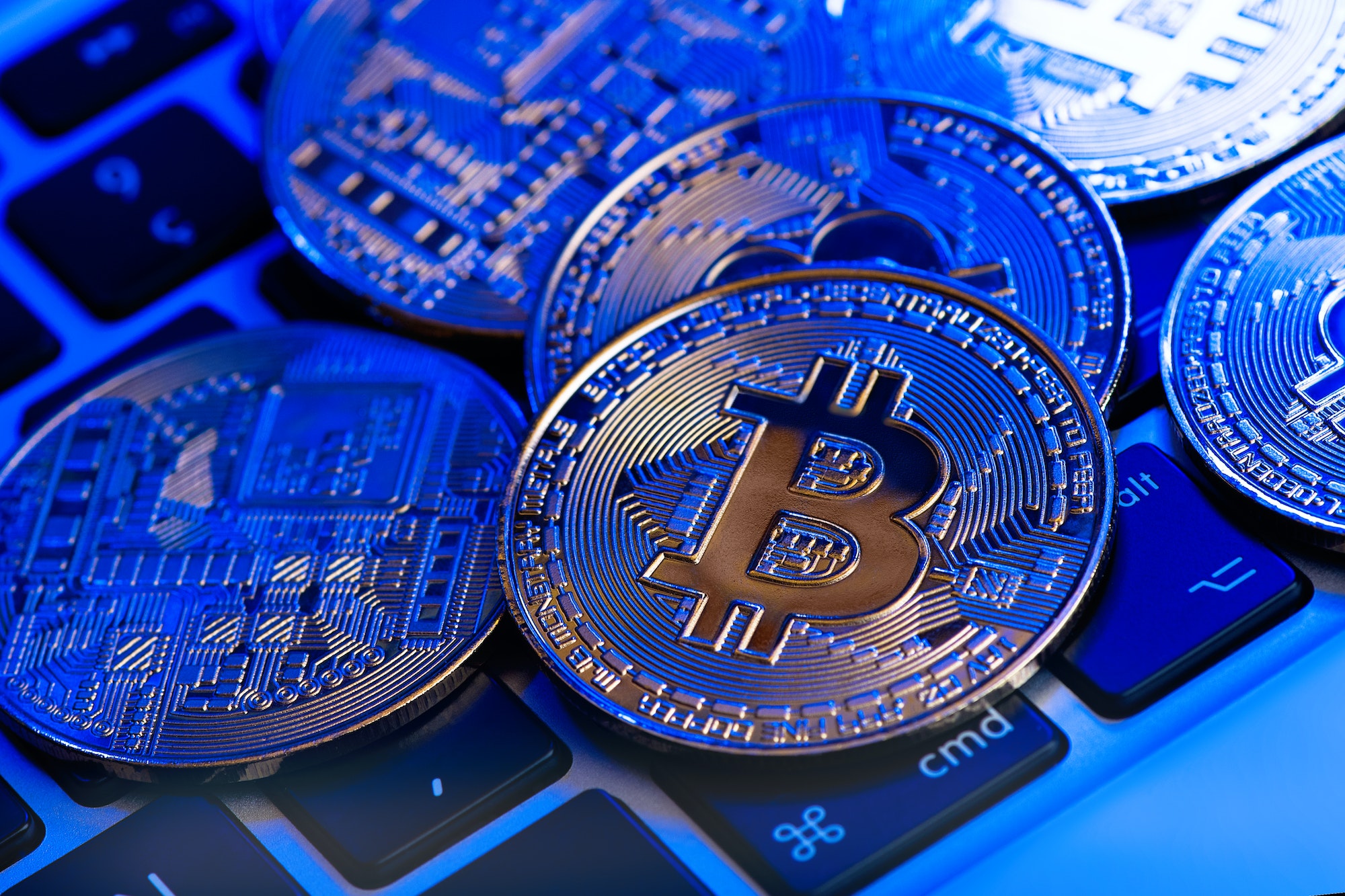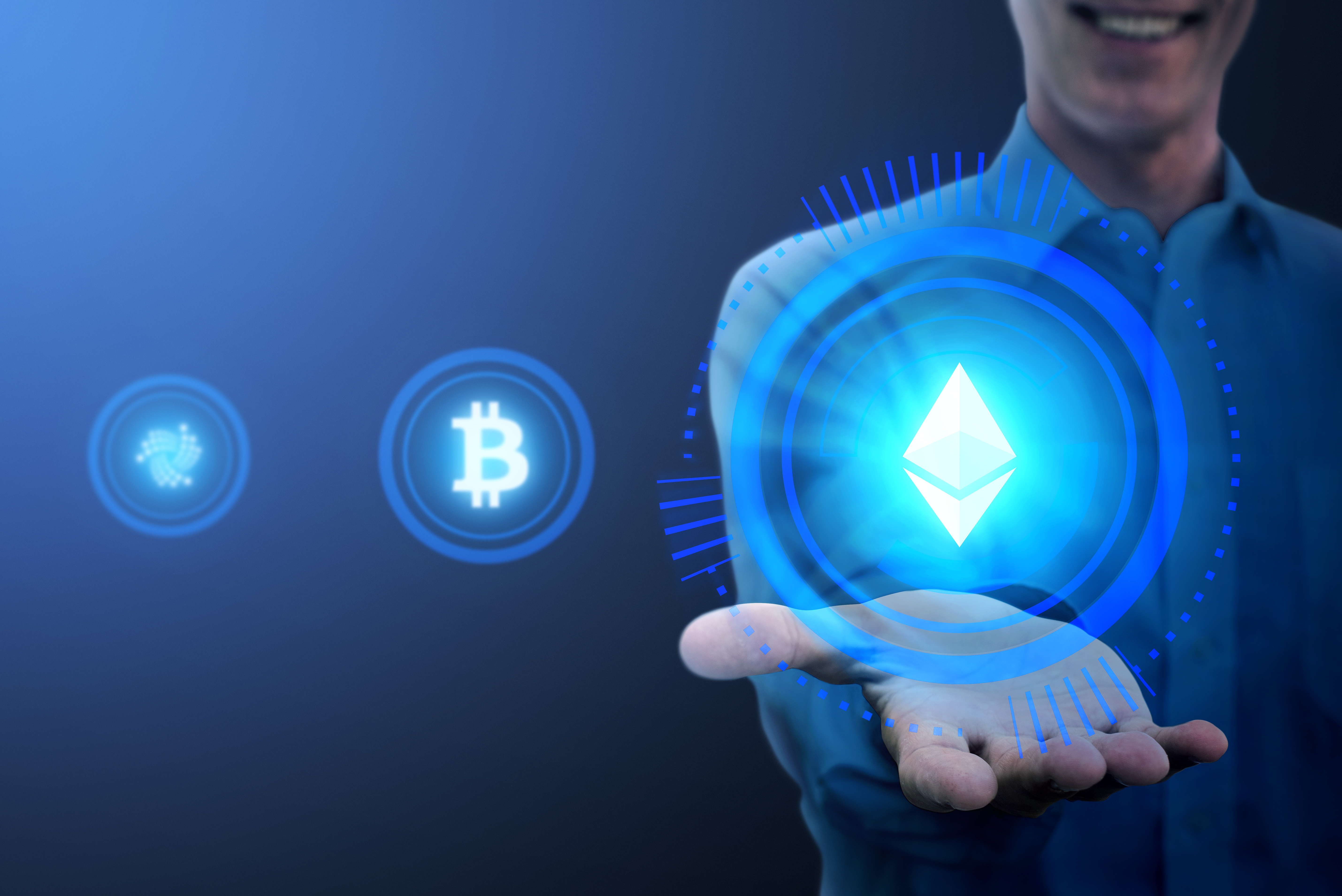Airports across Europe faced severe disruption after a cyberattack on check-in software used by several major airlines.
Heathrow, Brussels, Berlin and Dublin all reported delays, with some passengers left waiting hours as staff reverted to manual processes instead of automated systems.
Brussels Airport asked airlines to cancel half of Monday’s departures after Collins Aerospace, the US-based supplier of check-in technology, could not provide a secure update. Heathrow said most flights were expected to operate but warned travellers to check their flight status.
Berlin and Dublin also reported long delays, although Dublin said it planned to run a full schedule.
Collins, a subsidiary of aerospace and defence group RTX, confirmed that its Muse software had been targeted by a cyberattack and said it was working to restore services. The UK’s National Cyber Security Centre coordinates with airports and law enforcement to assess the impact.
Experts warned that aviation is particularly vulnerable because airlines and airports rely on shared platforms. They said stronger backup systems, regular updates and greater cross-border cooperation are needed instead of siloed responses, as cyberattacks rarely stop at national boundaries.
Would you like to learn more about AI, tech and digital diplomacy? If so, ask our Diplo chatbot!










